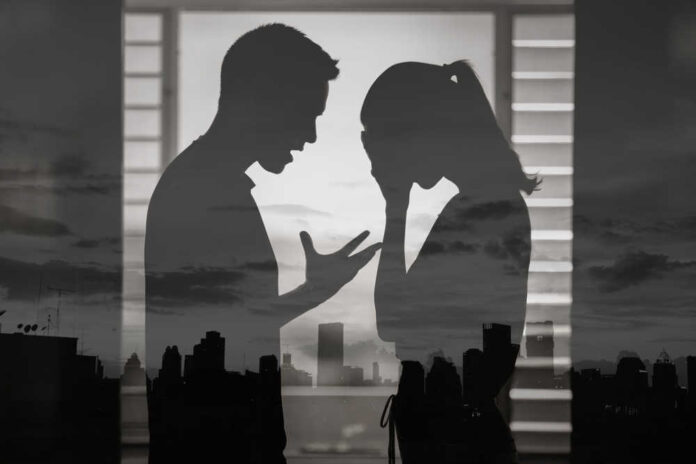
Being in a romantic or intimate relationship can be one of the most fulfilling and joyful aspects of life. But it can also be one of the most challenging and painful.
If you have experienced any form of abuse, neglect, betrayal, or other trauma in your relationship, you may continue to feel the effects long after the relationship has ended.
Symptoms of Post-Traumatic Stress Disorder
It’s not uncommon for people who have been in abusive or unhealthy relationships to develop symptoms of post-traumatic stress disorder (PTSD).
A diagnosis of PTSD requires all of the following symptoms, persisting for at least one month:
- At least one re-experiencing symptom – flashbacks, bad dreams, frightening thoughts
- At least one avoidance symptom – avoiding places, events, people, objects, thoughts, feelings
- At least two arousal and reactivity symptoms – easily startled, anxiety, difficulty sleeping, angry outbursts
- At least two cognition and mood symptoms – difficulty remembering, distorted feelings of guilt or blame, loss of interest in enjoyable activities
PTSD can result from any type of trauma, whether experienced directly or by witnessing it in others, whether it was a one-time event or something that repeatedly happened over a period of time.
Trauma in Relationships
Being in a relationship involves sharing your most intimate self and being vulnerable to another person. This intense connection can breed feelings of closeness and safety.
But if that relationship becomes abusive or toxic, it can cause deep trauma that may be difficult to heal from.
Relationship trauma can result from:
- physical abuse – physical harm or threats of physical harm
- sexual abuse – rape, sexual assault, sexual coercion
- emotional abuse – name-calling and insults, gaslighting, manipulation,
This can then lead to symptoms such as:
- dissociation – feeling disconnected from your body and emotions, feeling out of touch with reality
- hypervigilance – being constantly on the lookout for danger
- self-blame – feeling like you are to blame for the abuse
- mood disorders – depression, anxiety, hopelessness, thoughts of suicide
If you are experiencing any of these symptoms, the sooner you can recognize and acknowledge them, the sooner you can get the help you need to heal and reclaim your life.
Recovering and Healing From Relationship PTSD
You can get better. Help is available.
It will take some time, but it is possible to recover and have healthy, fulfilling relationships in the future.
A qualified mental health professional, such as a psychiatrist, counselor, or therapist, can provide support and guidance to help you on your journey to recovery. You don’t need to face this alone.
Treatment strategies for PTSD involve antidepressant medications and some form of therapy.
Cognitive-behavioral therapy is one of the most effective therapies for helping to process and heal from trauma. This will typically involve a combination of exposure therapy (to help you confront and work through your fears by confronting them in a safe environment) and cognitive restructuring (to help you make sense of your bad memories by changing your self-talk and the way you think about your trauma).
Your doctor or therapist will likely also recommend some form of relaxation and stress management techniques to help you regain a sense of control and help manage your symptoms.
With the right support, you can heal from the trauma of relationship PTSD and reclaim your sense of safety, security, and wellbeing.






















